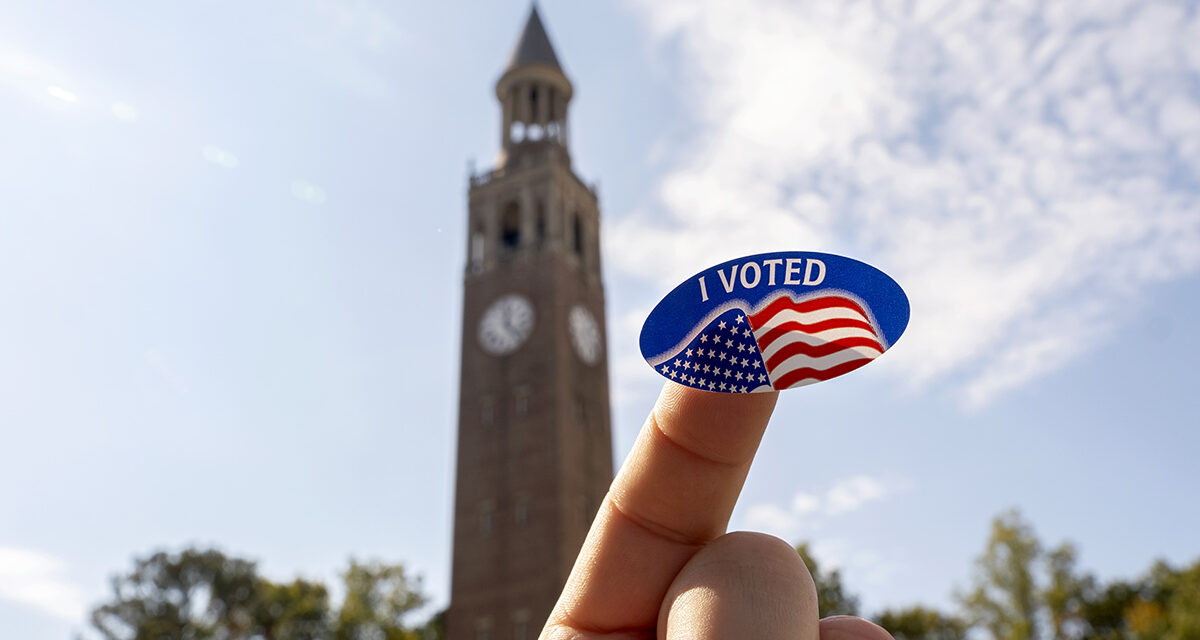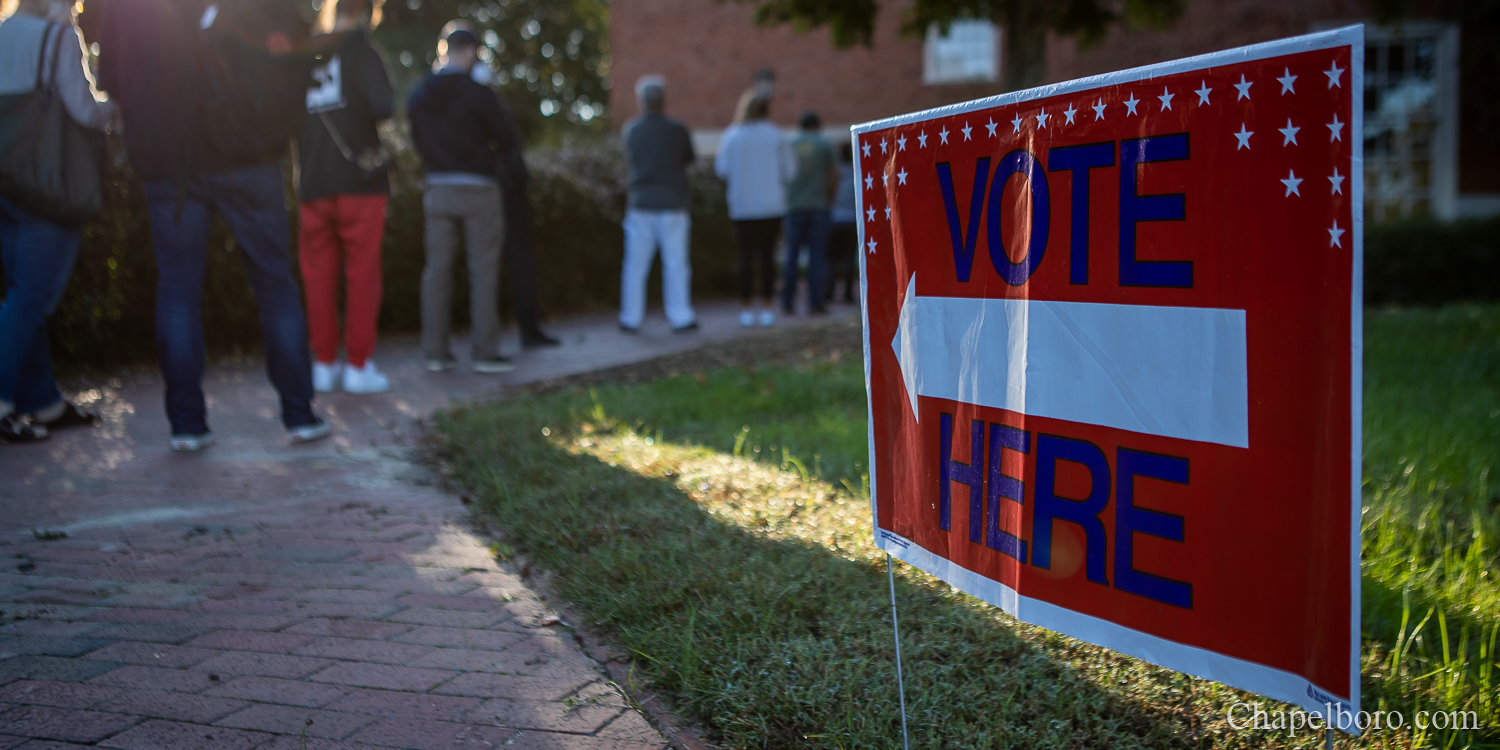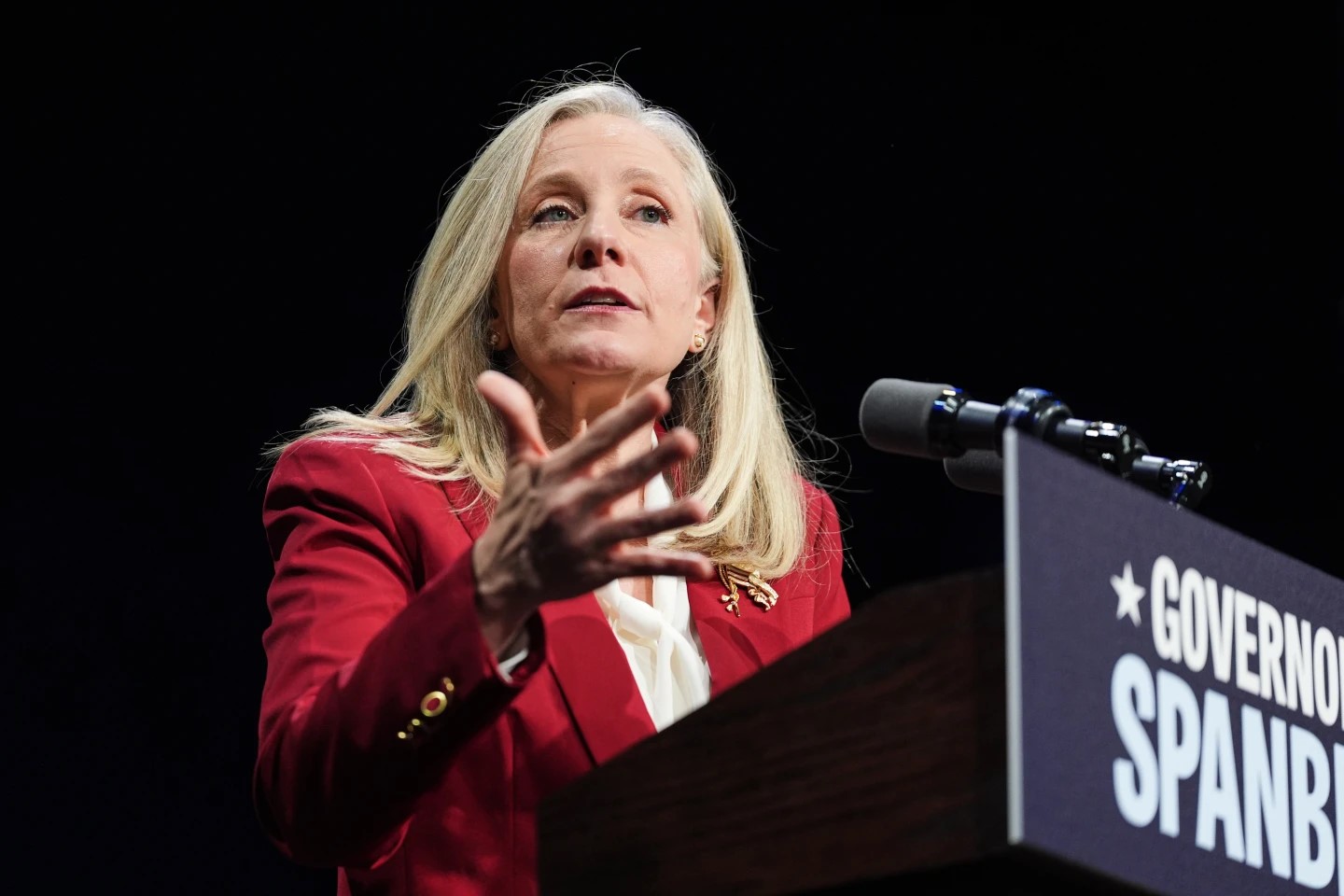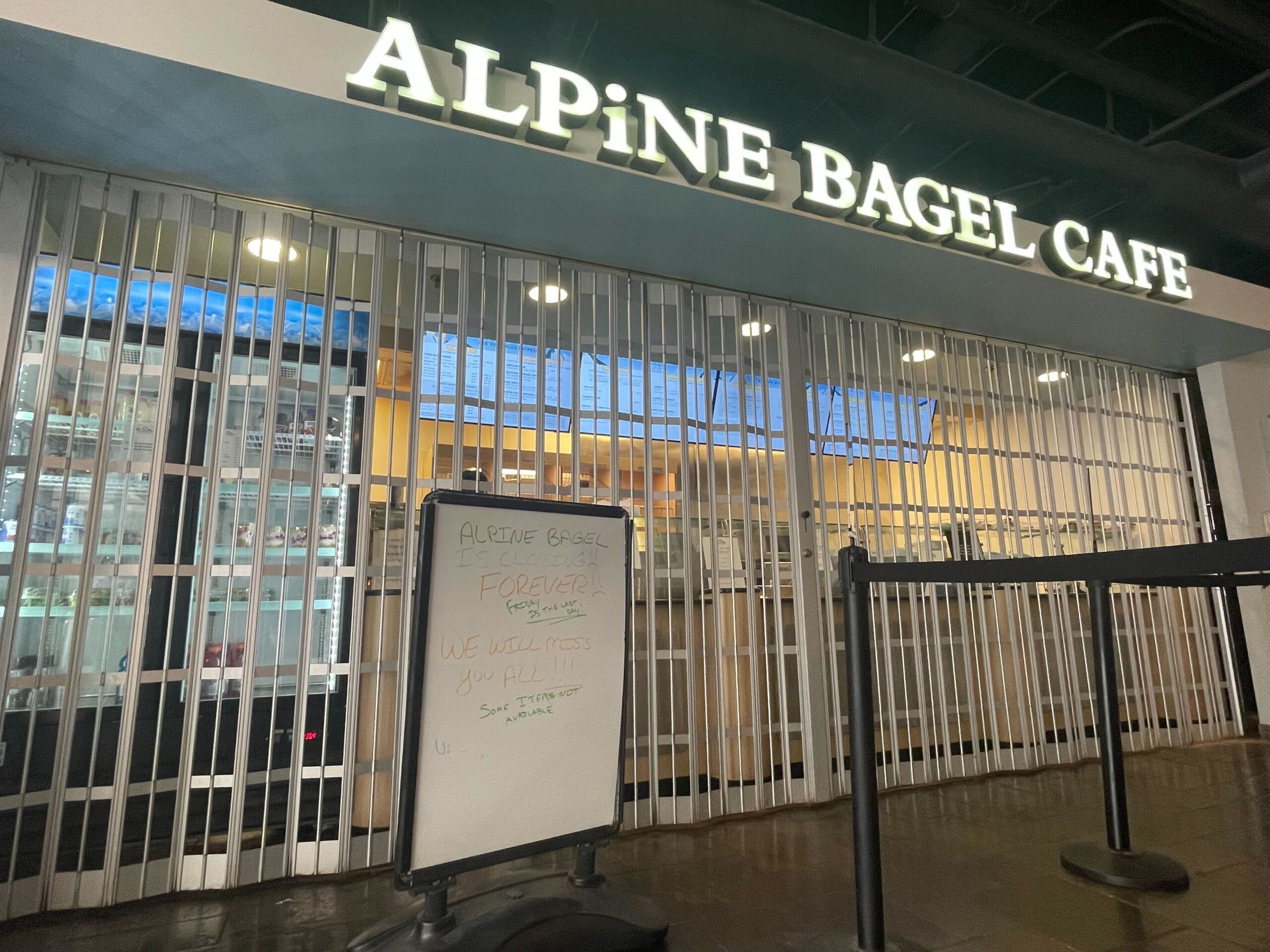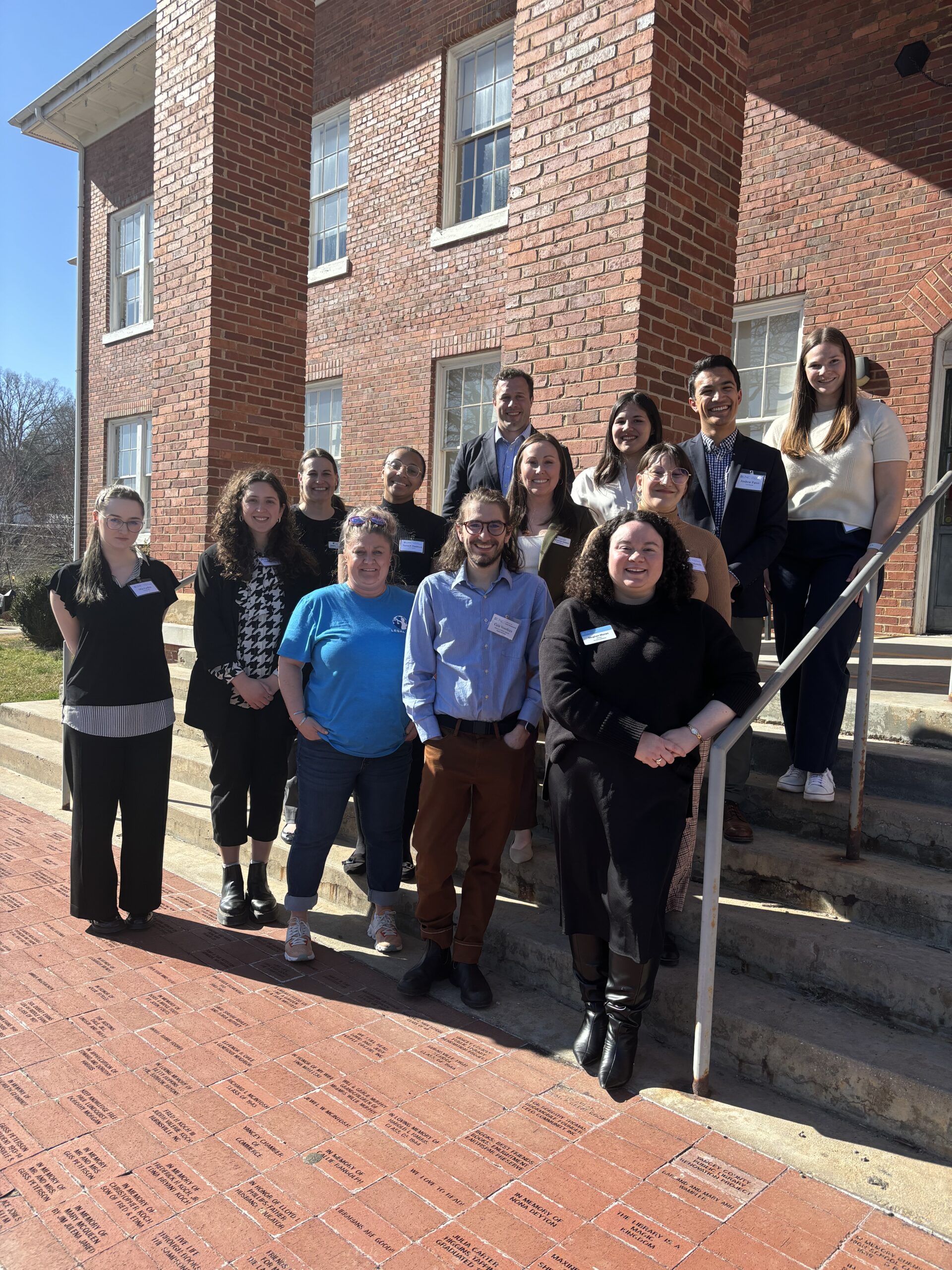This week marks the last day of classes at UNC and the beginning of early voting in North Carolina. For many students, they’re now juggling exam preparation, graduation, moves out of their residence halls and finding time to vote. But those who do participate in the primary elections could have a lasting local effect.
Tom Jensen, director of Public Policy Polling, said college students who do vote in the primary election do tend to vote early.
“It’s just a lot easier to keep track of where the campus early voting site is than it is to figure out what precinct you live in,” Jensen said. “It’s easier now that things have sort of been more consolidated around campus in terms of Election Day precincts.”
Jensen said voter turnout for young voters is typically higher for presidential elections and varies on midterm elections like this years.
“There’s some interesting things on the ballot, like the congressional race and the State Senate and State House races,” Jensen said. “Certainly nothing as sexy as when you have Bernie Sanders running against Hillary Clinton in that sort of dynamic. You tend to see a much lower turnout from students in this type of primary where the thing that’s drawing people out isn’t that high profile.”
Sam Hiner, a UNC student and president of the North Carolina Young People’s Alliance, has been helping to encourage fellow students to vote while he finishes his own classes and assignments.
“For a lot of students, including students that I’m working with on this effort, it’s just something that can easily take a backseat to finishing your exams, finishing final projects,” Hiner said. “There’s so many different things going on right now. Even if you’re really involved in politics, it can be hard to remember to make a plan to vote.”
Hiner said student voter activists are working to get a campus-wide message out emphasizing the importance of voting in the primary. In 2020 young voters turned out in greater numbers.
“If we can keep up that energy in 2022 to ensure that young people are here to stay, and that they will vote based on the politicians that represent their interests,” said Hiner, “then we will see that young people will become more represented in politics and the issues that we care about will be represented.”
Jensen agreed on the importance of the student vote for this election cycle given many races in the Orange County area have no incumbent.
“Students who decide to vote in the primary this year in Orange County, can really have an impact probably on who’s going to be representing Orange County for decades to come,” Jensen said. “You don’t get an opportunity like this very often. They have this much influence over what kind of people are going to be representing Orange County in Washington and in Raleigh.”
Hiner is encouraging students to vote during the exam reading days: Thursday, April 28 and Wednesday, May 4.
Students who do want to vote in the Orange County district but cannot vote early can request an absentee ballot. This is also a popular option for older voters.
AARP North Carolina state director Michael Olender said there are some changes in that process for this election cycle. During previous elections affected by COVID-19, voters had ten days after Election Day to have their absentee ballot counted.
“Now it’s only three days,” Olender said. “You want to make sure you get that absentee ballot in as soon as possible. If you’re voting via an absentee ballot, you need to have two witnesses, not just one or a notary present in order to do that.”
Early voting begins Thursday at 8 a.m., with five polling places around Orange County. Voters can register to vote during early voting. Election Day is set for Thursday, May 17.
Photo via Jon Gardiner/UNC-Chapel Hill.
Chapelboro.com does not charge subscription fees, and you can directly support our efforts in local journalism here. Want more of what you see on Chapelboro? Let us bring free local news and community information to you by signing up for our biweekly newsletter.

